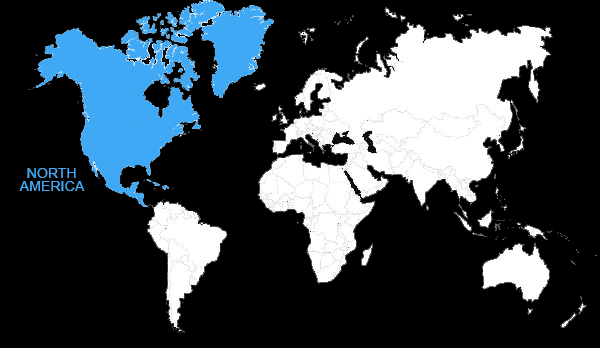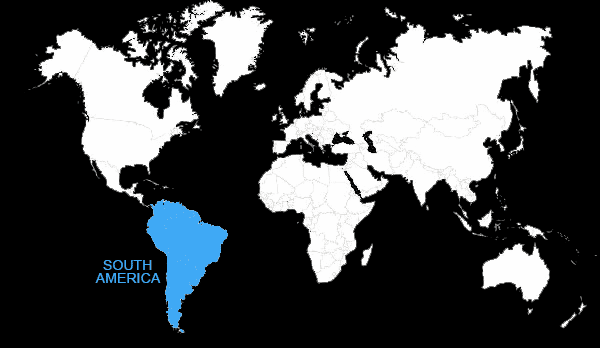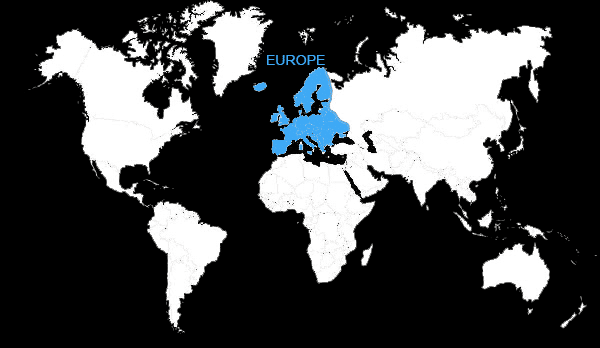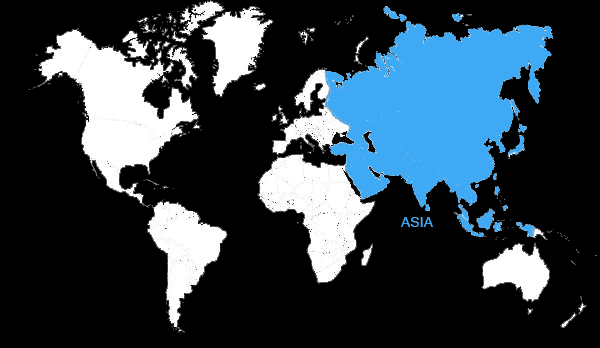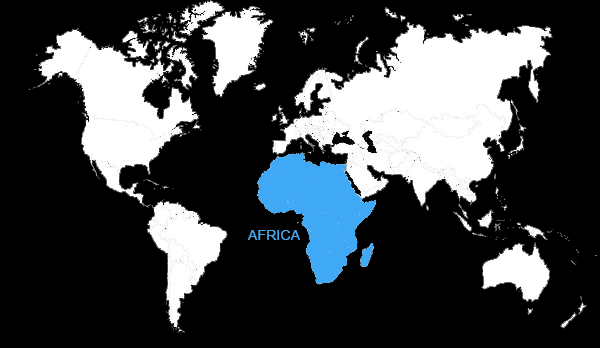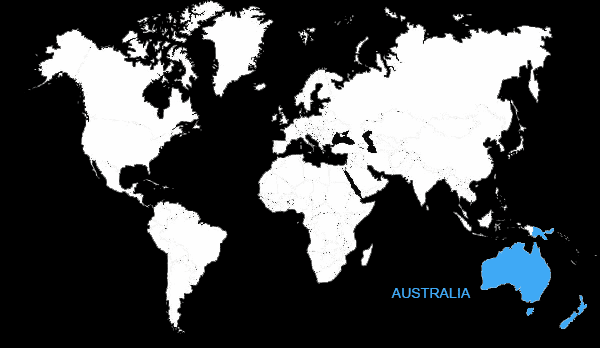Albirex Niigata Tryouts
Albirex Niigata (アルビレックス新潟, Arubirekkusu Nīgata) is a professional football club based in Niigata, Japan. Formed in 1955 as Niigata Eleven SC, it was renamed Albireo Niigata FC in 1995, and Albirex Niigata in 1997.
Albirex Niigata Youth Development System
Academy
Newly established in March 2019 with the aim of promoting the strengthening and training of the academy department, a license use contract for the academy training program “Ekkono Method” was signed with SOCCER SERVICE BARCELONA, SL, which is headquartered in Spain. conclusion. The establishment of the method department will be the first attempt at a J.League club.
Albirex Niigata U-18 (Youth) is working with the goal of developing players who will be promoted to the top team and play an active role.
In the future, aiming to play an active part in the top team and produce players who will fly to the world, we are training under experienced instructors on the pitch of artificial turf and natural turf while using the method program. We have a player dormitory on the premises of the clubhouse, and we are active in a fulfilling environment such as a buffet-style meal at the “Orange Cafe” adjacent to the player dormitory for lunch.
Albirex Niigata U-15 (Junior Youth) is working to discover and train promising athletes. We are focusing on building the foundation for U-18 and becoming a player who can be promoted to the top team in the future and play an active role. In addition to acquiring soccer skills and tactics, we are also training with an emphasis on sociality and humanity.
Albirex Niigata U-15 Nagaoka (Junior Youth) is working on training, strengthening and excavating athletes.
In addition to being promoted to U-18 from the Nagaoka / Chuetsu region, we are providing guidance to improve basic skills, sociality, and humanity with the goal of developing athletes who will play an active role in the top teams in the future and fly around the world.
Albirex Niigata U-12 (Junior) aims to develop players who will support the top teams in the future while cooperating with the method department and who can play an active role at the world level by providing integrated guidance for the U-15 and U-18 of the academy generation. I am active. We are also working to develop athletes who can think and act positively, and athletes who are independent and aware.
Academy Recruitment
Please click here to visit the official news section for the latest academy tryout information.
EXPLORE MORE CLUBS!
Explore more professional clubs by continent.
Albirex Niigata Dream Club
Albirex Niigata launched the “Albirex Niigata Dream Club” in 2014 as a symbol of a training club. “Albirex Niigata Dream Club” is a soccer clinic, lecture talk, soccer school, hoping that it can contribute to the creation of sports culture in Niigata, from activities rooted in the community such as soccer clinics to training and strengthening players who can become top teams in the future. , Various tournaments, and team activities in each category (U-18 / 15/12, Ladies U-18 / 15) have been clearly set out as symbols of training clubs.
In addition, partner companies and Dream Club members will not only support the development of future Albirex Niigata players, but will also participate in community development as fans, supporters, volunteers, etc. of Albirex Niigata through continuous support. Together, we are nurturing the “dreams” of the region.
Through this activity, I hope that the children of Niigata will become more energetic through soccer, and that many human resources who will fly to the world will be produced from Niigata.
Fulfilling children’s dreams is also our adult dreams. Nurturing the future through support for children is nothing but “community development.”
It would not be possible without your support to promote these activities. We hope that you will continue to support the purpose of this project and work with us so that the dreams of children, who are the treasures of the region, can be further expanded.
Soccer School
With the desire to have more children “enjoy the fun of soccer,” we will provide a place for consistent guidance and training of soccer from the basics, and through soccer, we will move to sports with “healthy development of mind and body.” It is to deepen the correct understanding of.

At the soccer school, as the “starting point” of Albirex Niigata Academy, which has a training club, we would like to train players who represent Japan in each age group, top teams, and players who can play an active role on the world stage.
History
Niigata 11 had been a local autonomous amateur club for many years prior to becoming a part of the old Japan Soccer League. In that league, which was virtually completely comprised of corporation teams, Niigata 11 had no chance of ever seeing the light of day.
The establishment of the J. League served as a catalyst for the club’s ascent, and beginning in the 1990s, it began its rapid ascent up the divisions. Albirex Niigata entered the Japan Football League in 1998, and when the J2 league was established the following year in 1999, they were absorbed into it.
The club continuously improved its level of play until, in 2001 and 2002, it came perilously near to being promoted to J1; the following year, it won the J2 championship and was finally allowed to play in the top division.

The name of the squad comes from the conjunction of two elements: the star Albireo, which is part of the constellation Cygnus (the Swan), and the Latin word Rex, which translates to “king.” The original name of the team, Albireo Niigata, was changed to its current name, Albirex Niigata, in 1997 so that copyright difficulties could be resolved.
In 2007, a new color was chosen for the uniform. The color scheme of the uniform was orange, blue, and orange up to the year 2006, when it was changed to orange, orange, and orange instead. Since 1996, when the team first began competing at a professional level, this coordinate has not been used.
The accomplishments of Albirex Niigata had a significant effect on all aspects of the sporting landscape in Japan, including the professional baseball scene. It was shown that people in local cities without the population of the metropolitan area in the past were more enthused than expected for sports, and the feelings of local citizens affected many other sports in the region.



